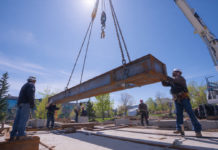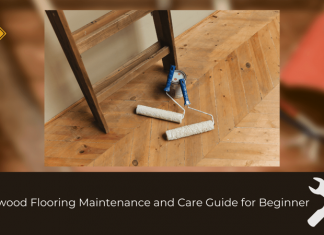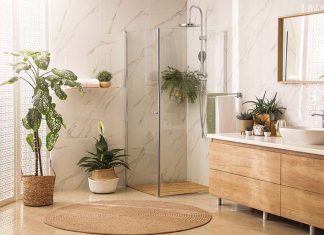How can you help your student get organized with the new school year?
1. Locate a quiet spot in your home.
So that children can play safely, we suggest having a quiet area.
It is important to remember that where you sleep has a significant impact on your sleep quality. Especially if you need to write an essay or thesis the next day so that you may pay attention to one of the best thesis services as Thesis Geek to avoid any obstacle while writing.
“Parent Tip”: Avoid high-traffic areas like the living and kitchen rooms.
Teen Tip: Do not study in your bedroom. Research has shown that the place you study can have an impact on how you sleep, even when you go to sleep.
2. Choose a place with a table, desk, and/or chairs.
Your child is not advised to study on the couch. You will want to ensure that your child approximates the environment in which they are learning and taking tests.
3. Make a study space that is static.
It is important to choose a place that you will be able to return to time and again. It is important to have a place that you can store your books, pencils, pens and other supplies.
4. Clear out clutter.
Many people forget that clutter and other objects can be distracting. You will want to clear out the space and make it as distracting-free as possible when you pick it up. You should place books on shelves, and pencils or pens in their proper places. You will need to install shelves and drawers as soon as you have the space so you can keep your desk as neat as possible.
5. Choose a location where there is enough wall space.
You will need shelves and a place for a calendar or other information.
6. Install shelving.
To maximize your workspace and make it a productive place to work, you will want shelving installed at your desk. Many people do not install shelves and books take over all their work space. You should always leave enough space for work.
7. A large calendar is needed to keep track of important dates.
We see students forgetting to schedule important test and quiz dates. This is one of our biggest problems. This will allow you to develop executive functioning skills and keep you on time!
8. You can still display your awards and other accolades.
This center helps build self-esteem and encourages positive reinforcement. Both children and adults forget how much they have accomplished. The simple act of displaying awards is a subtle reminder that hard work pays off.
9. Get rid of all distractions
You will want to remove any distractions from your child’s study area when creating the ideal space. You should move televisions to a different area. It is also a good idea to remind them to turn off their notifications and to put their phones away.
Tip: Before you begin studying, charge your phone or ipad against the wall and switch to airplane mode. ”
— candice lapin, founder
10. Keep your home tidy and organized.
Even though we have already said to pick a clutter-free space, study and desk spaces can become messy and disorganized over time. To keep clutter away, you will want to set aside a few days each week to organize. Tech devices can also be distracting if there isn’t enough organization.
Tip: Make cleaning up your space a part of your study. Our students are often asked to tidy up after sessions, so we can have notebooks, dividers, and three binders ready for the next school day.















